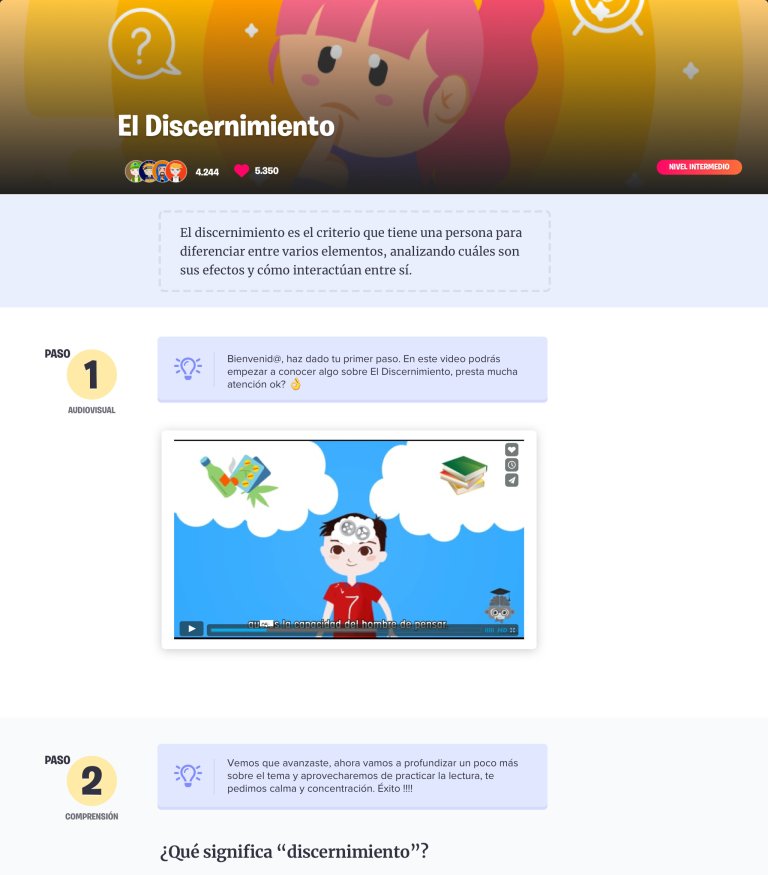
What does “discernment” mean?
The word discern is synonymous with judgment, distinguish, understand, that is, when a person discerns something they must judge, distinguish good and bad, right and wrong and be prudent in their way of acting.
The opposite of discernment is imprudence, innocence, foolishness, thoughtlessness, etc., that is, when someone is not capable of making a complete judgment about a situation without appreciating the consequences of their actions.
Learn to discern
To learn to discern we have to master the mind, our most archaic impulses and our basic temperament; that is, being owners of ourselves.
It is also necessary to control our intolerance, impatience and anger.
We must be able to stop before acting impulsively and calmly consider events, because the problem is not what happens, but what we do with what happens to us.
General features
The capacity for discernment is what will allow us to act with moderation and not be carried away by selfishness, greed, excessive ambition or envy.
Discernment leads us to reflect before acting and to be more aware of everything we do.
Types of discernment
For many authors, there are two types of discernment: spiritual or Christian discernment is that which uses the Bible as a basis, criterion, model or authority, to be able to distinguish between what is "good" and what is "bad", from God's point of view, and there is also philosophical discernment, which is based on established patterns of behavior, which help to distinguish between what is "good" and "bad", from man's point of view, based on the observation of human behavior and their motivations and thoughts.







